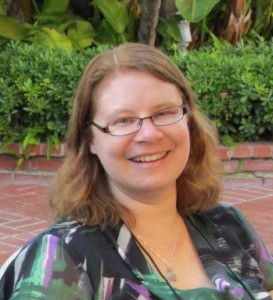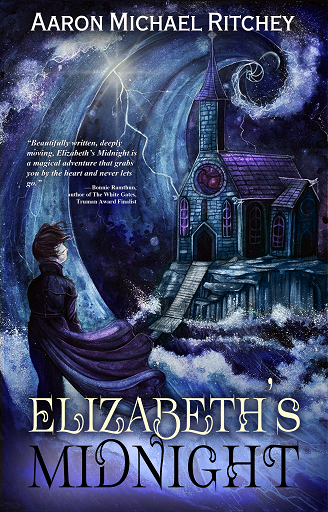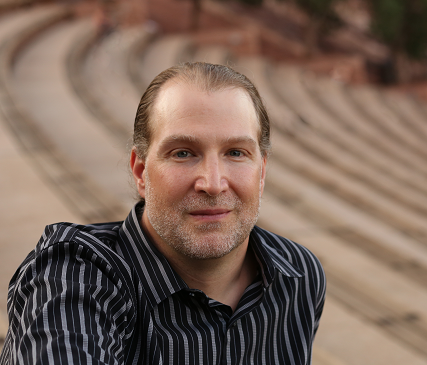 As near as I can recall, the Fictorian blog was birthed—at least in idea form—on March 20, 2010 in the lounge of the Westin Hotel in Pasadena. (See photo to pinpoint more or less the exact spot.) A group of writers had assembled for the first annual Superstars Writing Seminar to learn about the ins and outs of the publishing business. We were a big group of strangers with a whole lot of high-flying ideals.
As near as I can recall, the Fictorian blog was birthed—at least in idea form—on March 20, 2010 in the lounge of the Westin Hotel in Pasadena. (See photo to pinpoint more or less the exact spot.) A group of writers had assembled for the first annual Superstars Writing Seminar to learn about the ins and outs of the publishing business. We were a big group of strangers with a whole lot of high-flying ideals.
I’d like to think those ideals haven’t gone anywhere, but that big group of strangers doesn’t exist anymore. Alas, we are currently a big group of friends and trusted colleagues.
Of course, none of us went home from that seminar ready to start blogging. It took just over a year to get organized. Our first blog post, “The Benefits of Holding Hands,” went live on March 30, 2011—and it goes like this, courtesy of Fictorian alumnus Nancy DiMauro:
Writers help you stay motivated and hold you accountable. It’s like having an exercise or diet buddy. After all, who can understand the ups and downs of writing better? Writers need to network, commiserate and, well, get honest feedback about what they write from others who are wrestling with the same questions…
I don’t know if Nancy set out to write a mission statement, but this one would certainly do the trick. Four and a half years later, and one thousand posts, it still holds true. The Fictorians is about writers holding other writers accountable, keeping them motivated during the many and varied troughs of the writing life, and helping them to network.
All of these years later, the names and faces have changed, but none of the original Fictorians are at the same place in their writing careers than when they started. Without question, this blog has helped us to grow and stay connected with our tribe.
So, one thousand posts. Four digits. A really big part of me can’t believe we’re here. I’ve read somewhere that the average blog lasts two years or less. If that’s true, we’re beating the odds—and that’s largely due to the fact that we’re doing it together. Holding hands, so to speak. It’s not easy to keep an online presence going day after grueling day. With the Fictorians, it’s pretty effortless. When everyone makes a small commitment (one post month, loosely), it’s not hard to fill up the calendar with great content.
Well, perhaps you’ve noticed that we’re really very extremely excited about our 1000th post. It’s a big deal, a big milestone, so we figured, why not throw a little party? That’s why we’ve been giving away books all month. Seven last week, seven this week (it’s actually thirteen, since one of the prizes this week is a seven-book bundle), and fourteen more as the month rolls on. These are books we’ve written, books that our friends and guest bloggers have written, and even books that our mentors have written. There’s a lot of good stuff. For more details, click here, or simply log in to the Rafflecopter interface to your right.
Our celebration isn’t all about the giveaways, though. For over a year, we’ve been working behind the scenes to bring you this upgraded site interface. It was ready just in time for this month, the most pivotal of months. We hope you’re enjoying it so far!
If you’re a writer and you’re looking for a tribe, consider us in your corner. Read and comment on our articles. Get in touch with us. And if you’re really serious about doubling down on your writing career (and we’re all hoping the answer is yes), then consider signing up for the Superstars Writing Seminar. That’s right; the Fictorians are still around, and so is Superstars, going strong into its sixth year. There’s no better place to fulfill the above mission statement.
 Evan Braun is an author and editor who has been writing books for more than ten years. He is the author of The Watchers Chronicle, whose third volume, The Law of Radiance, has just been released. He specializes in both hard and soft science fiction and lives in the vicinity of Winnipeg, Manitoba.
Evan Braun is an author and editor who has been writing books for more than ten years. He is the author of The Watchers Chronicle, whose third volume, The Law of Radiance, has just been released. He specializes in both hard and soft science fiction and lives in the vicinity of Winnipeg, Manitoba.



